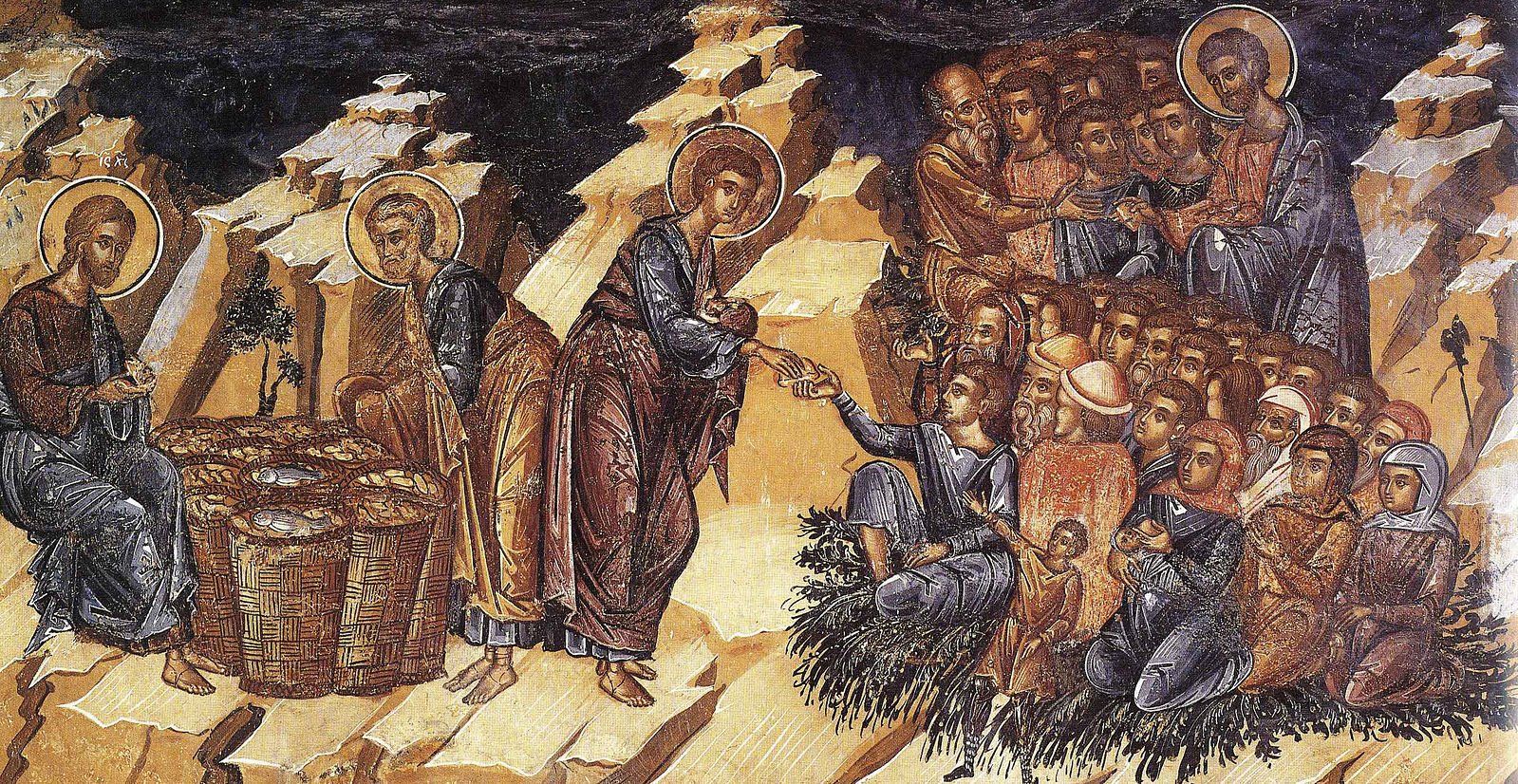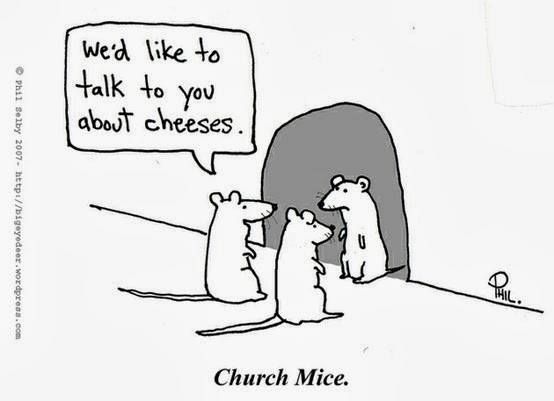Message of Abbot Paul - Friday 21st April 2023
Abbot Paul • April 20, 2023


It was good to meet up with a group of old school friends yesterday in Cardiff. Because of Covid we hadn’t met for four years, in my case five, as in 2019 I was recovering from pneumonia. A lot of building, huge grey concrete buildings, quite ugly, seem to have gone up in the vicinity of the Central Station since I was last there. Today I shall be travelling back in the same direction with Fr Augustine, as we will be taking part in a safeguarding course for clergy at Miskin, near Llantrisant.
Today we keep the feast of St Anselm of Canterbury, Bishop and Doctor of the Church, the great Benedictine philosopher and theologian, Archbishop of Canterbury from 1093 until this date in 1109. He was one of the greatest thinkers the Catholic Church has ever produced and we are blessed to have had him as a bishop in England.
Today’s Gospel takes us to the 6th chapter of John, the multiplication of the loaves and fish, (Jn 6: 1-15), the great sign that will lead Jesus on the deliver the Discourse on the Bread of Life. “Jesus went off to the other side of the Sea of Galilee – or of Tiberias – and a large crowd followed him, impressed by the signs he gave by curing the sick. Jesus climbed the hillside, and sat down there with his disciples. It was shortly before the Jewish feast of Passover.” Jesus, like a new Moses, teaches his disciples and the crowds that follow them on a hillside and, like Moses, he will feed his people, though not with manna, but with bread and fish, that will come to symbolise his own body and blood. In John’s version of this miraculous feeding there is the participation of specific disciples: Philip and Andrew, the brother of Simon Peter. Present, too, is the small boy with five barley loaves and two fish. He is the only person to come forward with food to feed the five thousand. I wonder what his name was? With the simple act of giving thanks, Jesus is able to feed all those present from the five loaves and two fish. Not only that, but twelve hampers are filled with the leftover scraps. So miraculous is the feeding that the account reads like a parable, hence a sign that points to the deeper meaning of the miracle, that Jesus will feed all those who come to him in faith and surrendering their will to God with the Bread of Life that will enable them to live for all eternity.
Here is John’s text of the feeding of the five thousand: “Looking up, Jesus saw the crowds approaching and said to Philip, ‘Where can we buy some bread for these people to eat?’ He only said this to test Philip; he himself knew exactly what he was going to do. Philip answered, ‘Two hundred denarii would only buy enough to give them a small piece each.’ One of his disciples, Andrew, Simon Peter’s brother, said, ‘There is a small boy here with five barley loaves and two fish; but what is that between so many?’ Jesus said to them, ‘Make the people sit down.’ There was plenty of grass there, and as many as five thousand men sat down. Then Jesus took the loaves, gave thanks, and gave them out to all who were sitting ready; he then did the same with the fish, giving out as much as was wanted. When they had eaten enough, he said to the disciples, ‘Pick up the pieces left over, so that nothing gets wasted.’ So, they picked them up, and filled twelve hampers with scraps left over from the meal of five barley loaves. The people, seeing this sign that he had given, said, ‘This really is the prophet who is to come into the world.’ Jesus, who could see they were about to come and take him by force and make him king, escaped back to the hills by himself.”









